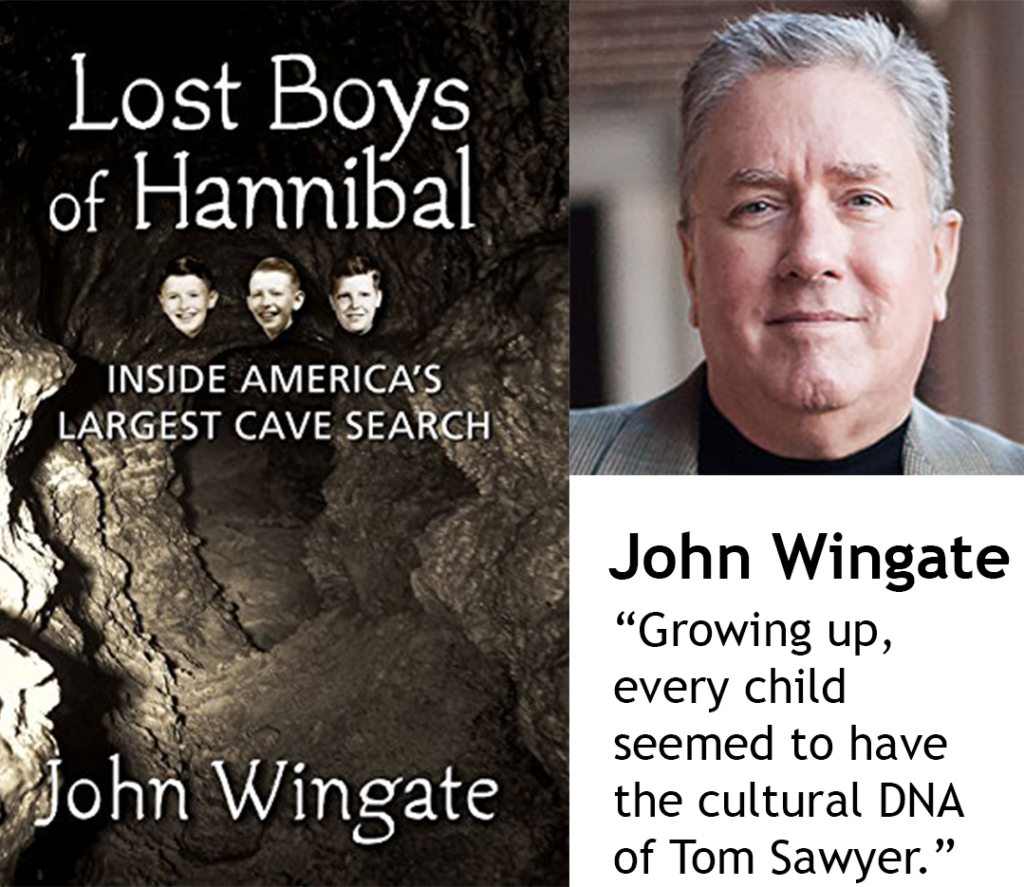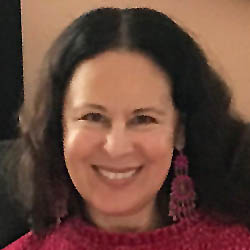Writer Finds His Past in Hannibal, Missouri
John Wingate has lived with a tragic memory for fifty years, since three boys he knew personally disappeared and flung his old hometown, and the historic stomping grounds of Mark Twain, into a desperate nationwide search.

